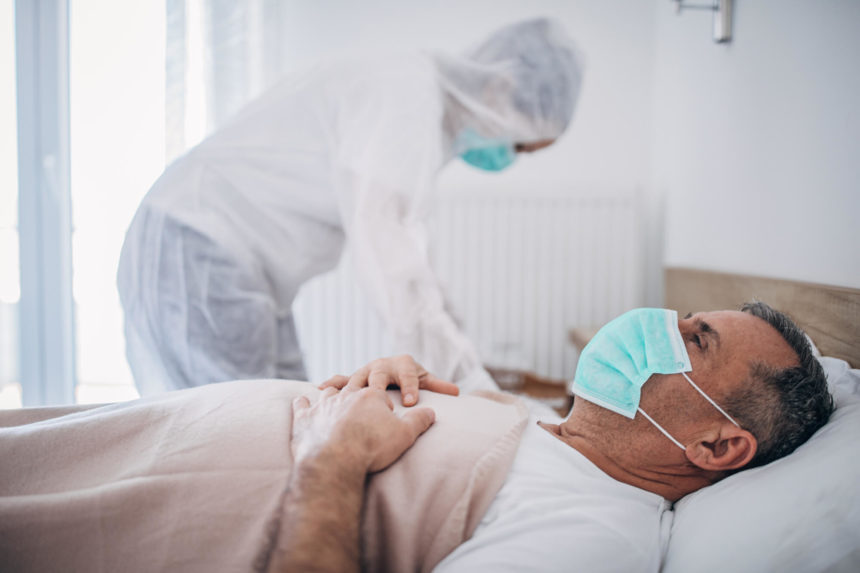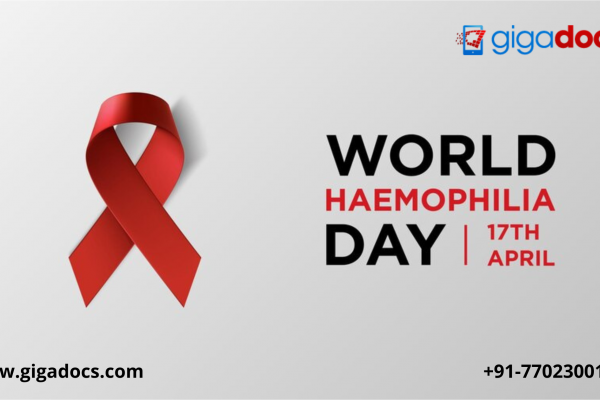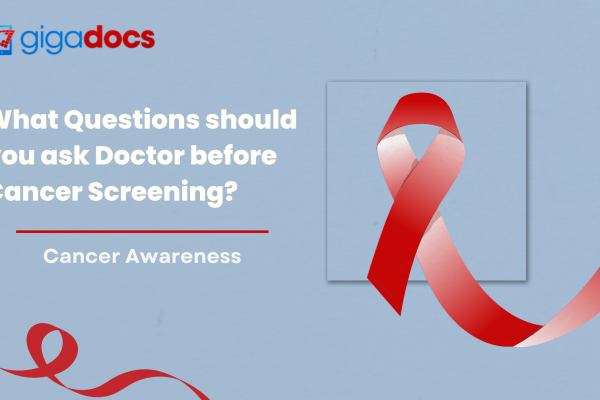The Coronavirus pandemic can have a disastrous effect on cancer patients undergoing stringent medical treatment. Cancer patients battling different stages of this deadly disease might feel worried about COVID-19. A report from the WHO-China Joint Mission on Coronavirus Disease indicates that in China, as of 20th. February 7.6% of patients with confirmed COVID-19 results had cancer as a comorbid condition.
This data categorises Cancer patients to a COVID-19 high-risk group with a higher probability of contracting Coronavirus infection. Ongoing cancer treatment can significantly lower their immunity to fight the infectious respiratory infection.
Cancer treatment and Covid-19 immunity
Our immune system protects us against illness and infection caused by infectious viruses like coronavirus. Those battling different stages of cancer may have a weak immune system which compromises their ability to fight the COVID-19 battle. This is because some cancer prescriptive treatments like chemotherapy, can slow down or even stop bone marrow from making white blood cells which are critical to protecting our body against viruses causing infectious diseases.
Besides chemotherapy, some types of cancer like can leukaemia which affects our immune system may lower our body’s defences to fight off an infectious infection.
High risk cancer patients
Cancer patients are a heightened risk of developing serious complications if they contract COVID-19. High-risk group “cancer patients” need to take additional precautionary measures to protect against coronavirus. They include those:
- Undergoing chemotherapy
- Having radical radiotherapy for lung cancer
- At any stage of treatment leukaemia, lymphoma or myeloma
- Continuing antibody treatments for cancer or undergoing immunotherapy
- Undergoing cancer treatments like PARP inhibitors or protein kinase inhibitors which may affect the immune system
- Had stem cell or bone marrow transplants in the last 6 months
- Are still taking immunosuppression drugs
COVID-19 Symptoms- Delay in Cancer Therapy
Cancer patients on prescriptive anti-cancer treatment are on high risk to develop pneumonia and hospitalization if they show COVID-19 symptoms. Expert research’s point to a strong association between severe effects of COVID-19 infection and anti-cancer therapy. Interrupting anti-cancer treatment effects patients with active COVID-19 symptoms which may lead to increased risk of developing serious complications and further immunosuppression’s.
According to doctors and medical professionals, Cancer treatment should not be resumed until a Cancer patient does not show any signs of COVID-19 symptoms with a negative SARS-Cov-2 certainty ensuring that this virus is no longer present in the patient’s body.
Cancer Medication During COVID-19
If you are experiencing respiratory symptoms, fever or dry cough, and are currently undergoing cancer treatment or have cancer affecting your immune system get in touch with your Oncologist, chemotherapist and discuss your concern.
It is highly advisable to stay at home and follow social distancing. You may consult with your doctors digitally on the Gigadocs app who will address your concerns over a phone or a video call. Besides, you must not miss speaking to your healthcare team in person at the first instance to discuss the future course of medication
Radiotherapy treatment
To lower the risk of spreading the coronavirus, doctors may delay radiotherapy treatment and ask patients to follow strict social isolation measures when they come for their treatment in emergencies. Besides, it is advisable to reduce the amount of time you spend in the radiotherapy department. For instance, to reduce wait times, your Radiologist might inform you in advance when they are ready to start the treatment so that you visit them accordingly
Once you have reached for your radiotherapy treatment, as a preventive measure your healthcare team may assess you before your treatment to see whether you have been exposed to COVID-19 or might have COVID-19 symptoms.
Cancer Surgery
Doctors may plan to carry out your cancer surgery as scheduled. In exceptional cases when the availability of staff, ward beds and intensive care beds is limited., they might need to make changes to your planned surgery
They will also carefully consider the possible risks to you, for instance contacting COVID-19 during your hospital stay. Having a big operation increases your risk of getting an infection, including the coronavirus.
Cancer surgery increases your risk multi-folds which is greater than the benefit of having surgery. This might mean that doctor’s delay your surgery or suggest an alternative treatment until the Coronavirus crisis is under control.
Stem Cell Transplants
You are at a higher risk of becoming seriously ill from COVID-19 after a stem cell transplant and a very high dose of chemotherapy. For your stem cell transplant schedule, your doctors will ask you to follow shielding measures. Social isolation significantly lowers the risk of contacting the coronavirus infection before your stem cell transplant.
Hospital visits
You may have to visit the hospital regularly for the continuity of your cancer treatment, which includes tests and future medication discussion with your healthcare team.
Visiting a hospital increases your risk considerably to contract the coronavirus. Your healthcare provider, the hospital might make a change to your medication to reduce your hospital visits and lessen the time you spend in the hospital.
These changes might include:
- Asking you to come to your appointments on your own without any medical vehicle support from the hospital
- Informing you when to come, to reduce waiting time around or inside the hospital
- Offering you telemedicine digital consultation
- Delivering medical supplies to your home
Prioritising Cancer care with Gigadocs
Gigadocs is an intelligent practice management software solution for all your digital healthcare management needs. You can record and save your vitals like heart rate, pulse count and share with your medical specialist in a live environment.
Book the best cancer specialist, infectious diseases specialist on the Gigadocs app and consult them digitally at the comfort of your home.
To book the best doctors around you download the Gigadocs app-
IOS App – apple.co/2W2iG4V
Andriod App – bit.ly/33AQoRC
To know more e-mail, at info@gigadocs.com




